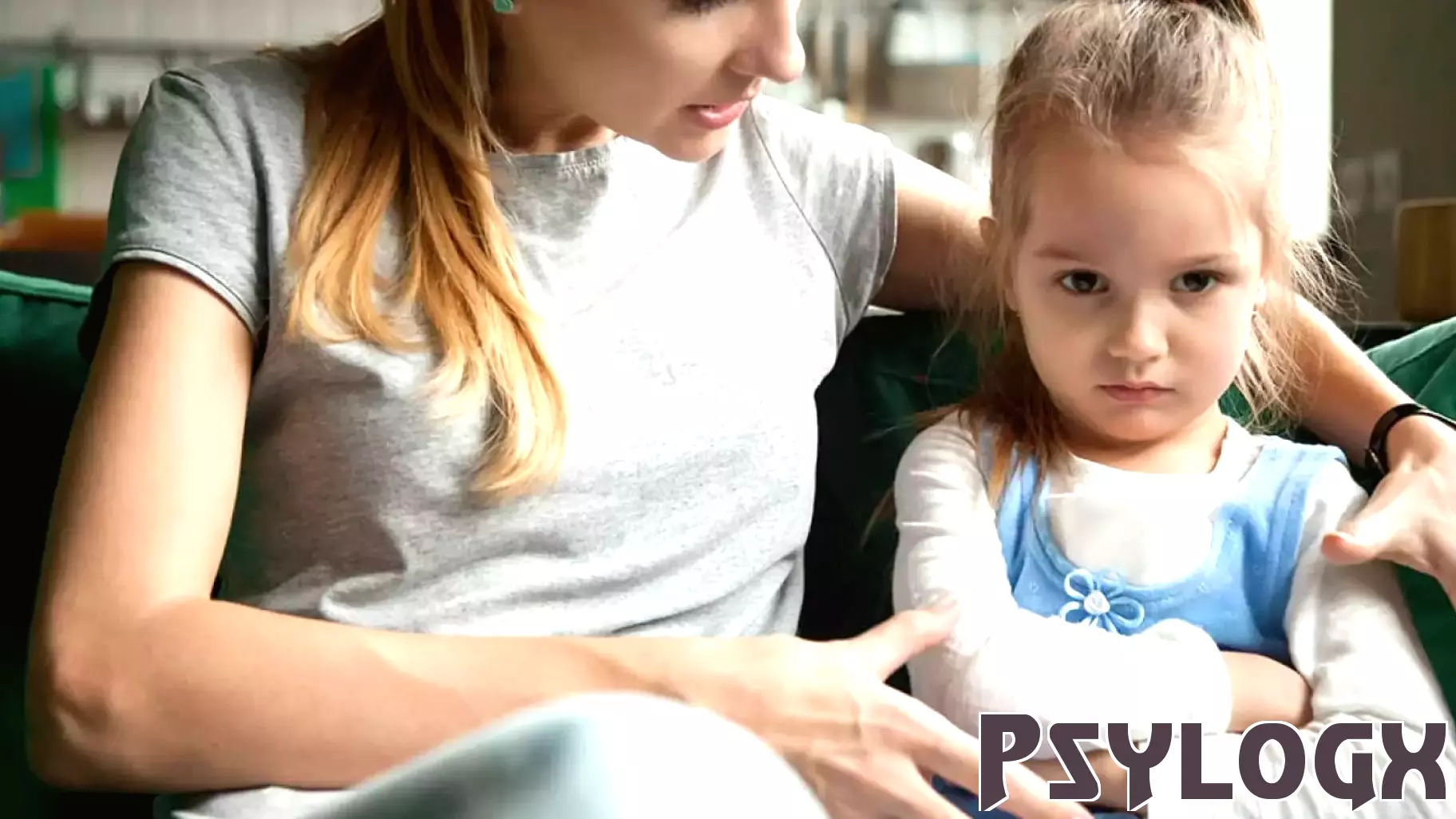Rethinking Discipline: An Antiracist Approach to Oppositional Defiant Disorder
January 11, 2025 - 08:30

Recent discussions highlight the importance of adopting an antiracist framework when addressing Oppositional Defiant Disorder (ODD) in children, particularly among BIPOC communities. This approach emphasizes understanding the unique challenges faced by these children, who often encounter systemic biases and trauma that can exacerbate behavioral issues.
Instead of resorting to punitive measures, which historically have disproportionately affected BIPOC children, advocates argue for methods that prioritize healing and empowerment. By reframing trauma as a response to environmental stressors rather than a character flaw, caregivers and educators can create supportive spaces that foster resilience and growth.
This shift not only protects vulnerable children from harm but also challenges the stigmatization of their behaviors. Emphasizing restorative practices and community support can lead to more effective outcomes, encouraging children to thrive rather than merely conform to traditional disciplinary standards. As society evolves, so too must our approaches to understanding and nurturing the well-being of all children.
MORE NEWS

March 2, 2026 - 10:09
Psychology says the reason some people become extremely competent but quietly resentful is that they were rewarded for capability so early that they never learned the difference between being needed and being lovedPsychology reveals a poignant paradox behind some of our most capable individuals. Their exceptional competence, often admired and rewarded, can stem from a childhood lesson that being needed is...

March 1, 2026 - 18:08
Giving Away Our Mental HealthIn the relentless rush of modern life, achieving a state of calm can feel like a monumental task. However, mental wellness experts emphasize that profound well-being is often built not through...

March 1, 2026 - 08:59
Neighbors, It's Time to Make a StandOur communities are fracturing under the weight of unwavering conviction. Each of us, firmly believing we are `the good guys,` digs in against opposing views, creating chasms where connection once...

February 28, 2026 - 21:02
The Power of Pretend: Cultivating Creativity Through PlayThe simple act of a child pretending to be a pirate, a chef, or a superhero is far more than just a way to pass the time. Experts increasingly view this type of imaginative play as a critical...